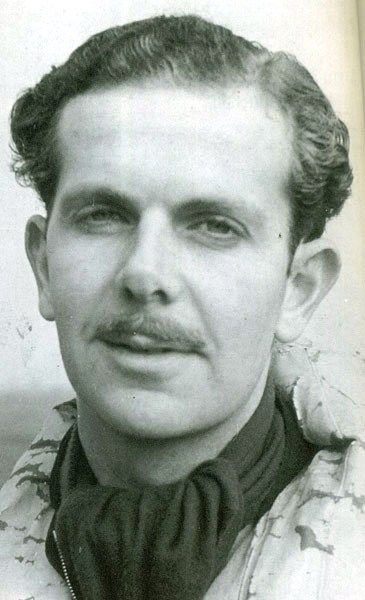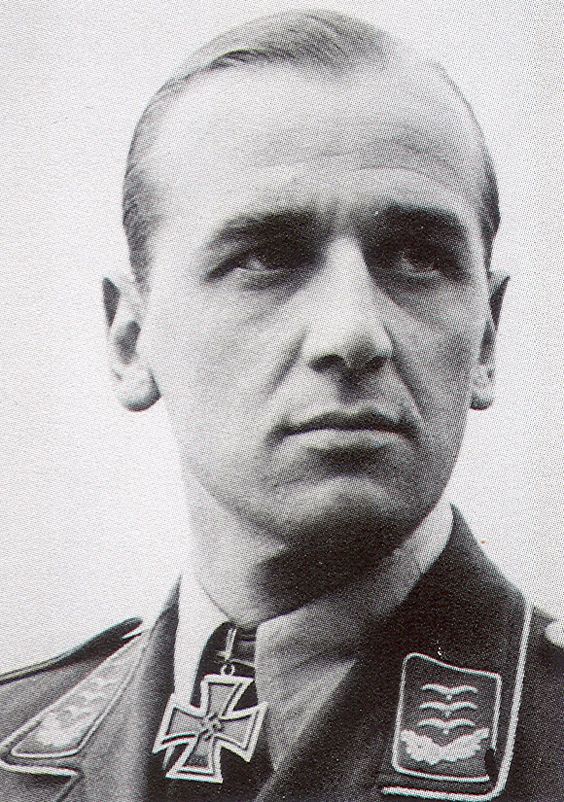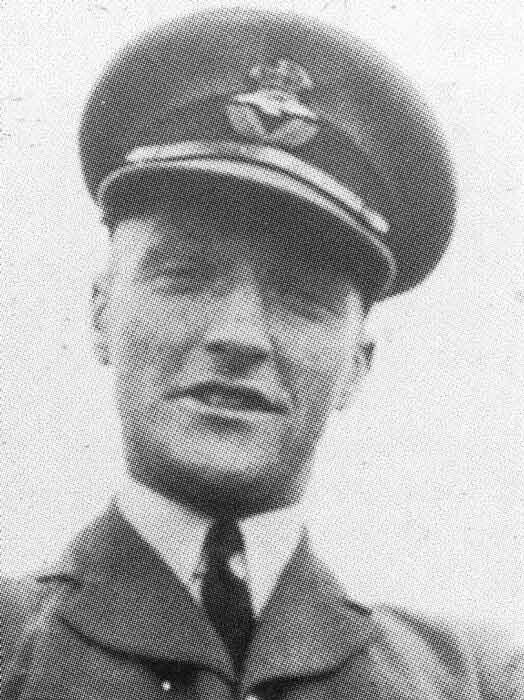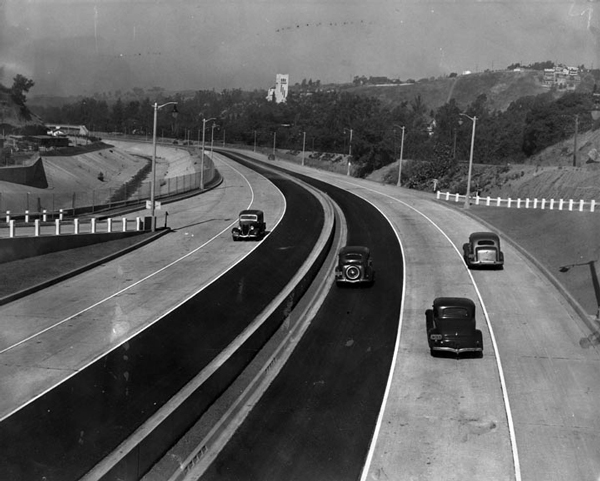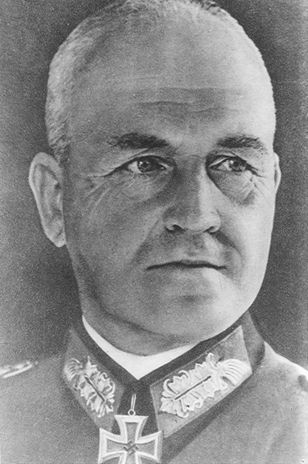Friday 20 September 1940
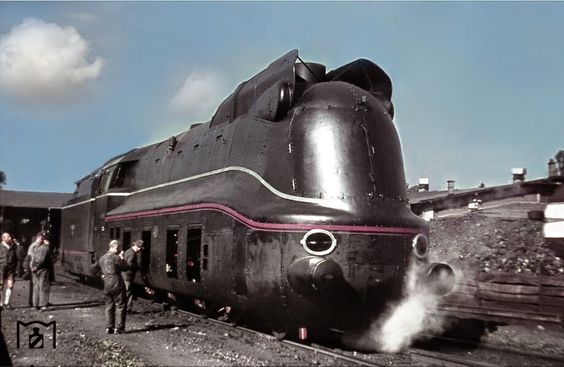 |
| Rare color photo showing the brand new 03 1081 Reichsbahn train at Bw Amstetten / Lower Danube. 20 September 1940. |
Fighter Command takes the raid seriously and offers battle, sending up fifteen squadrons. There is some confusion, as AVM Keith Park of No. 11 Group still has orders in place to avoid combat with fighters. However, since many of the fighters are carrying bombs, he keeps the defending fighters in the air.
The fighter-bombers attack east London and the surrounding vicinity, including RAF Biggin Hill, RAF Kenley, RAF Hornchurch, and points along the Thames Estuary. In London, there is damage near the docks in the London Bridge vicinity. There also are bombs dropped on Brighton.
This turns into one of the more successful daytime raids of the Blitz for the Luftwaffe. The fighter-bombers only lose one plane from 9,/JG 27, and the high escort of JG 26 is a premier formation. The RAF loses numerous Hurricanes and Spitfires as the attacking Luftwaffe fighters greatly outnumber the defenders. This action tends to support tactical arguments on both sides of the conflict:
- Luftwaffe fighters perform much better when not tied to bombers, which is Major Adolf Galland's refrain (along with many other pilots); and
- RAF Fighter Command should avoid dogfights with Luftwaffe fighters when there are no bombers involved (AVM Park's theory).
Reichsmarschall Herman Goering, still keeping a close eye on developments, is excited at the day's successes. He immediately orders that each fighter group convert a full third of its fighters to carry bombs. This results in 200-250 fighter-bombers entering service over the next two weeks but seriously weakens the fighter force. The fighter pilots such as Galland are violently opposed to this change, but the OKL (Luftwaffe High Command) is living in a fantasy world where the RAF is virtually beaten and bombing cities is the path to victory. This is Luftwaffe military intelligence at its lowest ebb - well, maybe it does get lower, but this is pretty low.
Werner Mölders gets his 39th and 40th victories, two Spitfires of No. 92 Squadron, near Dungeness. He leads the Luftwaffe, followed closely by Adolf Galland who also gets a Spitfire for his 36th victory.
 |
| Dornier Do 17s over London, 20 September 1940. |
Battle of the Atlantic: Convoy HX 72, bound from Halifax to Liverpool with 43 ships, has been sailing uneventfully since 9 September. However, the closer it gets to Great Britain, the greater its danger. The Royal Navy, however, is pressed for ships, and detaches its ocean escort today, leaving the cargo ships unprotected until due to be met by local escorts late on the 21st.
Kapitänleutnant Günther Prien is out of torpedoes after a successful attack on Convoy SC 2, so his U-47 is acting as a "weather ship," spotting ships for other U-boats. He observes Convoy HX 72 and immediately reports the easy pickings to U-boat Control (BdU). It begins summoning every U-boat in the vicinity. BdU gathers U-99 (Kapitänleutnant Otto Kretschmer) and U-65 (K.Kapt. Hans-Gerrit von Stockhausen) first, and four others (U-32 (Oblt.z.S. Hans Jenisch), U-43 (Kptlt. Wilhelm Ambrosius), U-38, and U-100 (Kptlt. Joachim Schepke)) are on the way. This is like an assembly of all-time legendary U-boat commanders, the Woodstock of the Kriegsmarine. HX 72 is in big trouble, but it has no idea yet.
Elsewhere, another U-boat has a big day. U-138 (Oblt.z.S. Wolfgang Lüth) is on its first patrol, operating off western Scotland and 52 nautical miles (96 km; 60 mi) north-west of Rathlin Island. This is a prime area for U-boat successes, and U-138 gets off to a fast start. It spots Convoy OB 216. Between 21:20 and 21:26, Lüth fires three torpedoes and scores hits with all three. The attack is distinguished by the high tonnage sunk.
Then, U-138 torpedoes 13,801-ton British whale factory ship New Sevilla. The ship is taken in tow but sinks near the Mull of Kintyre. There are 282 survivors and 2 men perish.
Next, U-138 torpedoes and sinks 5560 ton Yugoslavian (Panamanian registry) collier Boka. There are 26 survivors and 8 men perish.
Then, U-138 torpedoes and sinks 10,138-ton British liner City of Simla. There are 3 dead (1 crew and 2 passengers) and 147 survivors (182 crew and 165 passengers).
Lüth is not yet done with the convoy but waits until early on the 21st to make his next move.
Separately, the Luftwaffe bombs and sinks 1057 ton Dutch collier Trito in the Channel southwest of the Isle of Portland, Dorset. There are three survivors.
British local 95-ton vessel Innisdhu hits a mine and sinks in the Thames Estuary. All four men on board perish, most likely in the initial explosion.
Convoy FN 286 departs from Southend, Convoys MT 175 and FS 287 depart from Methil, Convoy FS 286 departs from the Tyne, and Convoy OG 43 departs from Liverpool.
British corvette HMS Gentian (K 90, Lt. Commander Roy O. Yeomans) is commissioned.
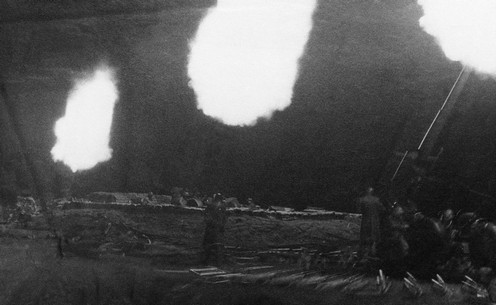 |
| London anti-aircraft in operation, 20 September 1940. |
At Malta, no air raid sirens sound, but a serious morale problem is growing worse because of a lack of mail. The start of the Blitz back home in England has magnified the worries of island troops and workers about the condition of family in London, Liverpool and elsewhere. Governor Dobbie writes to the War Office today noting that there have only been 2 letters per man delivered in the past two months and demanding the forwarding of backlogged mail in a timely fashion and regular mail service maintained thereafter.
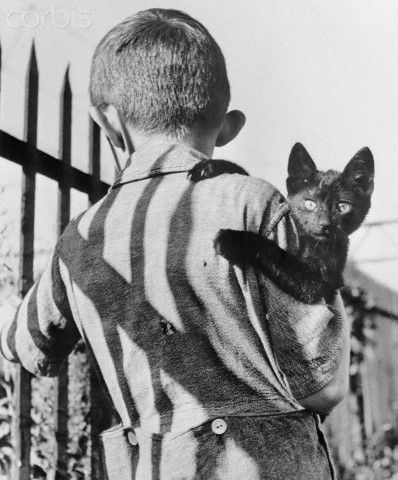 |
| Original caption: "With the suspicion typical of his species, this stray cat, picked up for adoption by a little boy, stared sharply at the cameraman who took this picture. September 20, 1940." |
The Royal Navy sends ships out to find the Atlantis, including cruisers HMAS Canberra and Westralia and HMS Capetown and Durban. However, Captain Rogge quickly clears the scene after sinking the blazing liner.
Elsewhere, the Regia Aeronautica finally finds Convoy BN 5, which local naval units have been unable to track down. They damage British freighter Bhima, which makes it under tow to be beached nearby. It can be refloated but is in very bad shape. The Italians lose one bomber.
French Indochina: The Japanese dispense with negotiating with the Vichy French in charge of French Indochina. They simply demand transit rights to China, the use of Haiphong Harbor and air bases there. Admiral Jean Decoux, Governor-General, with little choice, capitulates and signs a treaty giving the Japanese what they want. Decoux, a controversial figure, stays busy building support amongst the local Vietnamese, giving them a prominent role in the government.
 |
| Wondering what to see on this Friday night? Opening today, 20 September 1940, in Hagerstown Maryland: Warner Bros./RKO Radio's "Men Against The Sky." |
German Military: General von Bock opens Army Group B headquarters in Berlin to prepare for Operation Barbarossa.
Japanese Military: The carrier Akagi arrives at Kure.
Canadian Homefront: The War Technical and Scientific Development Committee, after much consideration, approves Frederick Banting's request to begin bacterial warfare research.
Universal picture "The Mummy's Hand" is released. It re-uses footage from James Whale's "Green Hell" and continues the "mummy" craze of the '30s and '40s.
 |
| "Vote for Wendell Willkie" - a page from the North Carolina newspaper The Pilot of 20 September 1940. |
September 1, 1940: RAF's Horrible Weekend
September 2, 1940: German Troopship Sunk
September 3, 1940: Destroyers for Bases
September 4, 1940: Enter Antonescu
September 5, 1940: Stukas Over Malta
September 6, 1940: The Luftwaffe Peaks
September 7, 1940: The Blitz Begins
September 8, 1940: Codeword Cromwell
September 9, 1940: Italians Attack Egypt
September 10, 1940: Hitler Postpones Sealion
September 11, 1940: British Confusion at Gibraltar
September 12, 1940: Warsaw Ghetto Approved
September 13, 1940: Zeros Attack!
September 14, 1940: The Draft Is Back
September 15, 1940: Battle of Britain Day
September 16, 1940: italians Take Sidi Barrani
September 17, 1940: Sealion Kaputt
September 18, 1940: City of Benares Incident
September 19, 1940: Disperse the Barges
September 20, 1940: A Wolfpack Gathers
September 21, 1940: Wolfpack Strikes Convoy HX-72
September 22, 1940: Vietnam War Begins
September 23, 1940: Operation Menace Begins
September 24, 1940: Dakar Fights Back
September 25, 1940: Filton Raid
September 26, 1940: Axis Time
September 27, 1940: Graveney Marsh Battle
September 28, 1940: Radio Belgique Begins
September 29, 1940: Brocklesby Collision
September 30, 1940: Operation Lena
2020

